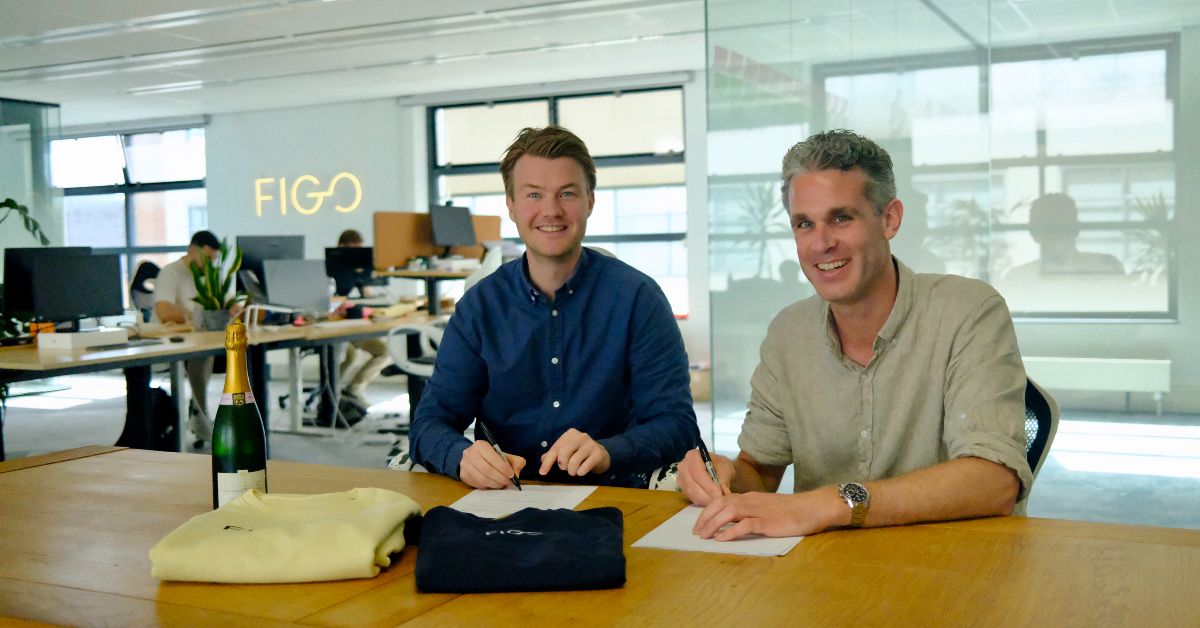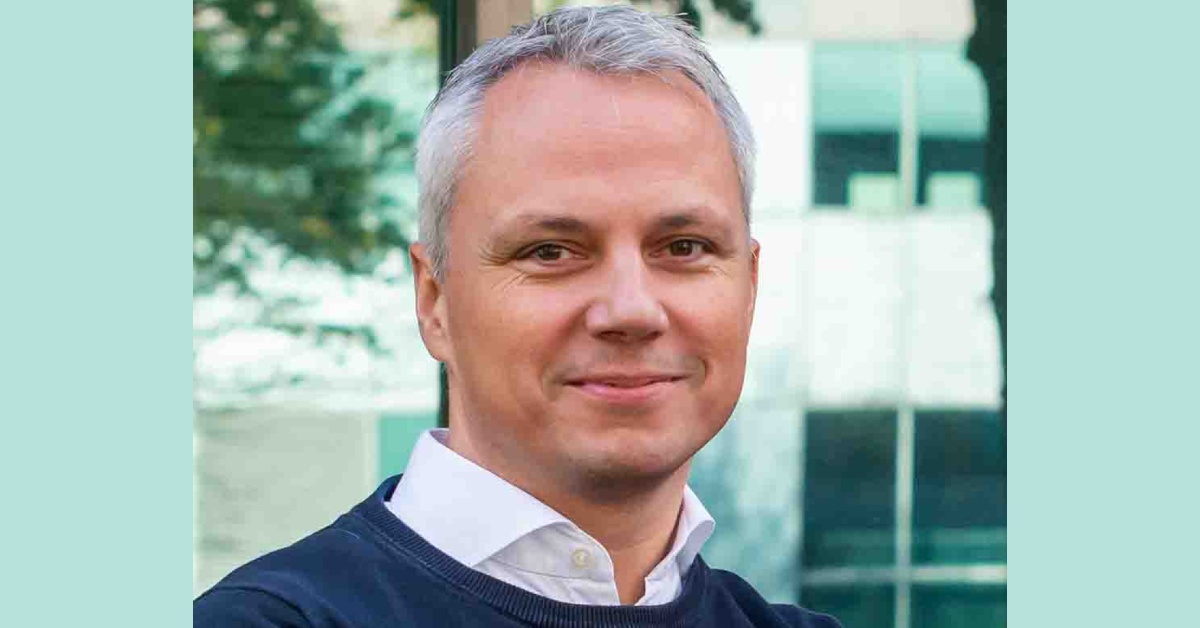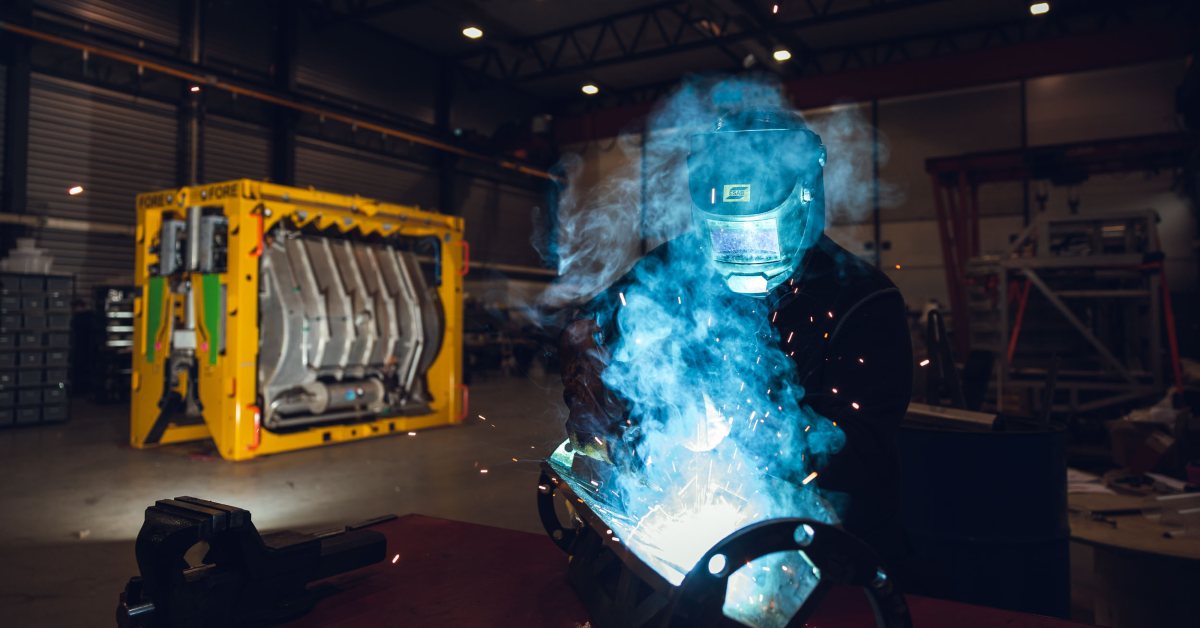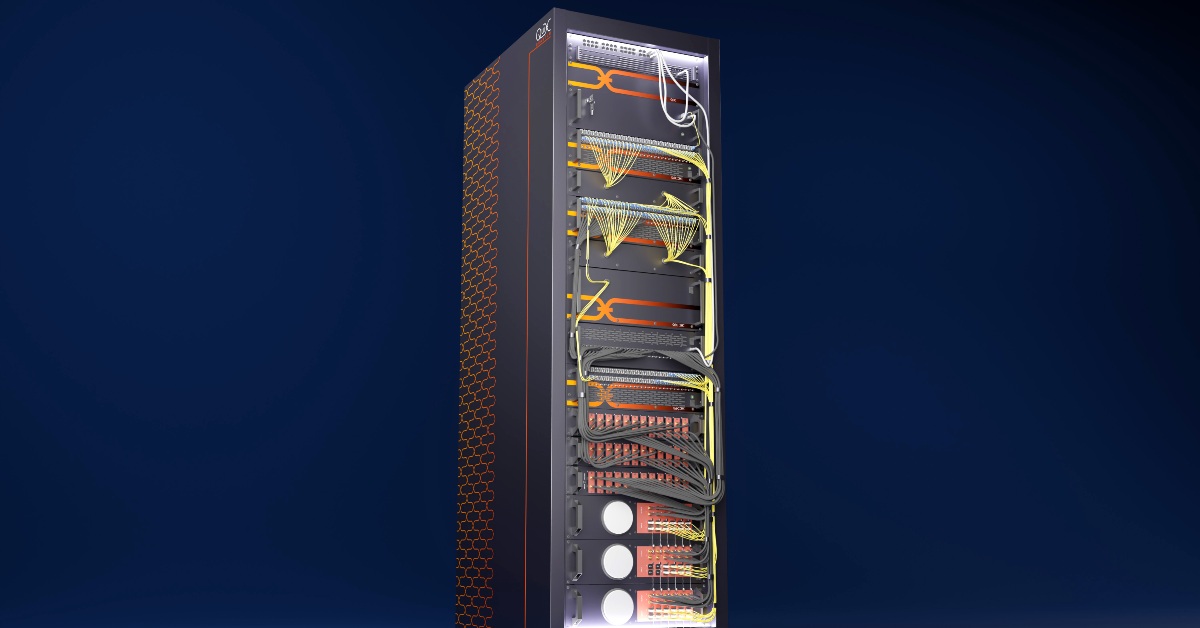Stockholm-based Candela, a company specialising in hydrofoiling electric boats and ferries, has finalised its Series C funding round, raising an additional $14M (approximately €13.34M) to surpass $40M in total funding for 2024.
The capital will support scaling production to meet growing demand for its electric watercraft, including the Candela P-12.
The P-12 has been sold to the US and will operate on Lake Tahoe, marking the company’s entry into the American market. With a $15B market for electric ferries, Candela aims to lead the decarbonisation of waterborne transport.
Lars Jörnow, Partner at EQT Ventures, says, “Candela is pioneering the shift to fossil-free transportation on water, just as we’ve seen rapid progress on land. With their cutting-edge hydrofoil technology, the transition to clean, efficient waterborne travel is finally within reach.”
Gustav Hasselskog, Candela’s founder and CEO, adds, “This is the dawn of a zero-emission revival in waterborne transportation. This investment, made during a challenging time for many companies, is a testament to Candela’s technology and its unique ability to solve the pressing issue of decarbonising transport.”
Investors supporting Candela
The round was led by SEB Private Equity, a global Private Equity investor, with participation from existing investors EQT Ventures and KanDela AB.
Anders Jöngard, Investment Director at SEB Private Equity, says, “We are thrilled to partner with the Candela team. We are impressed by Candela’s journey bringing cutting-edge innovation to serial production, including the launch of the world’s first electric hydrofoil ferry.”
“As pioneers in emission-free transportation, Candela is setting new standards. We believe the transition to a fossil-free economy will unlock significant growth opportunities, and we are committed to supporting Candela’s expansion for a more sustainable future.”
Candela’s flagship innovation
Candela has unveiled its electric hydrofoil technology to address the 3 per cent of global greenhouse gas emissions produced by waterborne transport. The innovation offers shorter travel times, frequent departures, enhanced comfort, and lower operating costs for operators transitioning to sustainable electric vessels.
The company recently introduced the Candela P-12, a foiling electric ferry, into Stockholm’s public transport system. The P-12 has halved commute times and showed the potential to reduce reliance on fossil fuels in a city where commuter vessels are a significant source of emissions.
The Candela P-12 electric ferry, capable of reaching 25 knots, is the fastest electric vessel in operation and surpasses Stockholm’s diesel fleet in speed. Its low wake signature allows it to travel at high speed through the city center, efficiently connecting suburbs to the capital.
Candela’s C-Foil is a computer-guided hydrofoil system with underwater wings that lift the hull above the water, reducing energy consumption by 80 per cent compared to traditional high-speed vessels. This enables a combination of high speed and long electric range.

Candela recently produced its 100th electric leisure hydrofoil vessel, solidifying its position in the market for electric waterborne transport, projected to reach $15.32B by 2032.
The company has secured its first US contract to introduce high-speed electric hydrofoil transport to Lake Tahoe, along with a fleet deal to electrify water transport for Saudi Arabia’s NEOM project.
Candela has also formed partnerships in Berlin and New Zealand, with additional customers expected soon.
Capital utilisation
Candela will use the funds to scale up production of its P-12 electric ferry at its Stockholm facility. The P-12’s design, optimised for cost-effective road transport, allows for global shipping, and the company is also exploring additional production capabilities to meet growing demand.
Gustav Hasselskog, Candela’s founder and CEO, says, “In every sector, we must move quickly to decarbonise. Our technology offers a strong economic incentive to switch to zero-emission fleets, while unlocking the potential for waterways to ease road congestion. This investment comes at a critical time for the planet.”
Brief about Candela Technology
Founded in 2014 by Gustav Hasselskog, Candela Technology AB claims to be a leader in hydrofoiling electric vessels. The company’s watercraft use hydrofoils to lift the hull above the water, reducing friction and cutting energy consumption by 80 per cent compared to traditional ships.
This technology enables long-range, battery-powered travel, and offers operators up to 50 per cent lower operational costs.
Candela’s Flight controller system stabilises the vessel by adjusting the hydrofoils, ensuring smooth travel in rough weather with passengers experiencing 90 per cent fewer g-forces. All vessels are fully connected and receive over-the-air updates.
After five years of development, Candela began producing the world’s first electric hydrofoil leisure boat, the Candela C-7, in 2019. This was followed by the Candela C-8 in 2022, which has sold over 150 units.
In 2023, Candela launched its first commercial vessel, the Candela P-12 Shuttle ferry, the fastest and longest-range electric ship in its class, with a top speed of 30 knots and a range of 40 nautical miles. The first unit is set to enter service in Stockholm’s public transport system in 2024.
Candela employs over 200 engineers and technicians. It designs and manufactures its entire tech stack in-house, including the C-POD motor, control systems, and carbon fibre hulle.
The comapny operates two factories in Stockholm producing the C-8 and P-12 vessels, and has sales offices in San Francisco and Cannes, along with leisure boat resellers in 12 countries.










01
From telecom veteran to Dutch Startup Visa success: The Jignesh Dave story